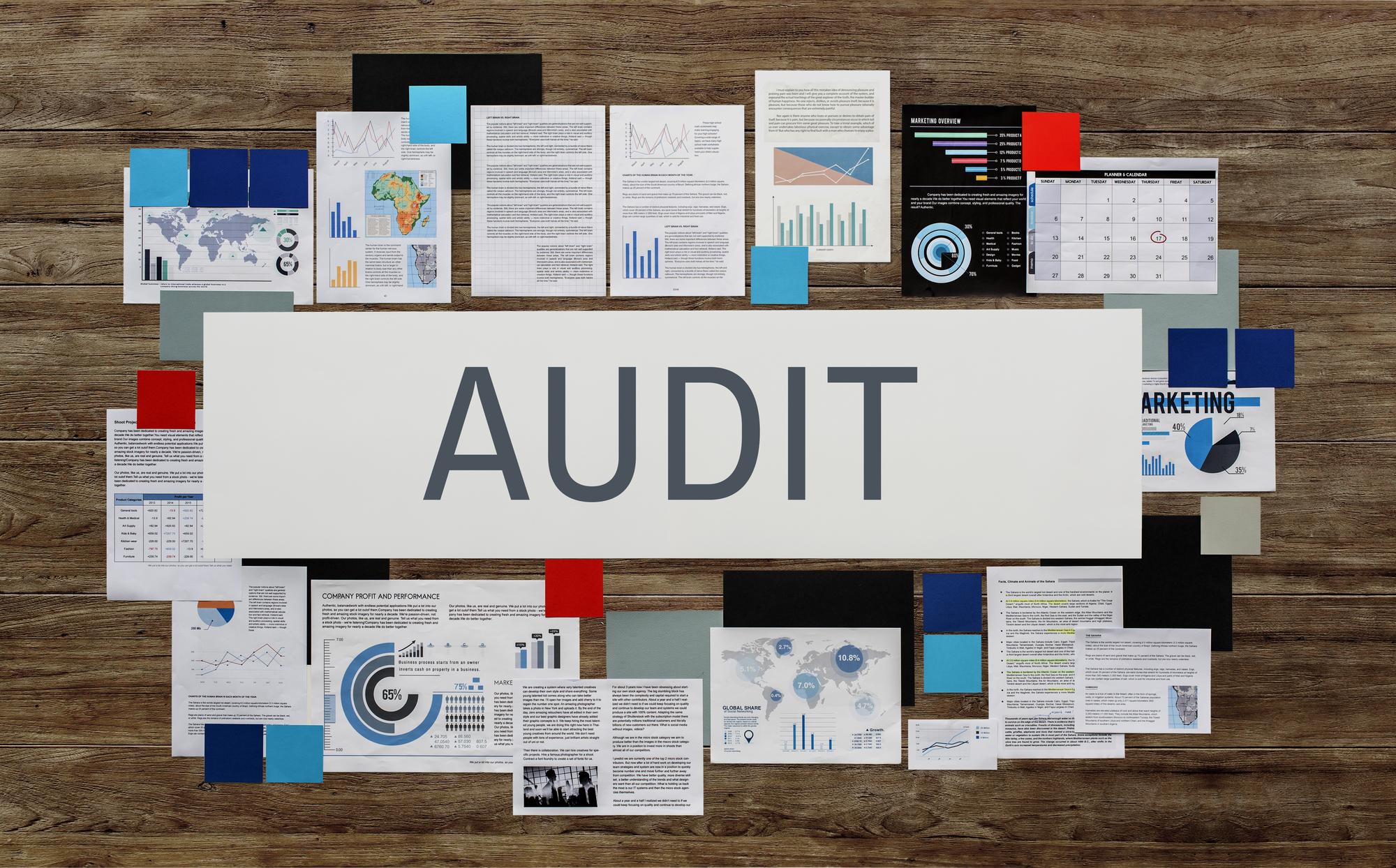Audit Requirements in Singapore: Does Your Company Need One?

Why Audits Matter for Companies in Singapore
An audit is more than just a financial check — it’s a regulatory obligation for many companies in Singapore. Under the Companies Act, private companies are generally required to have their financial statements audited unless they qualify for exemption.
Whether you’re a new business owner or managing a growing SME, understanding audit thresholds and obligations is essential for staying compliant and avoiding penalties.
Which Companies Are Required to Be Audited?
Companies in Singapore must be audited unless they qualify as a small company. The audit exemption applies to private companies that meet at least two out of three of the following criteria for the past two consecutive financial years:
-
Annual revenue not more than S$10 million
-
Total assets not more than S$10 million
-
No more than 50 employees
For a company that is part of a group, both the individual company and the group must meet the above thresholds to qualify for audit exemption.
Audit Exemption for Dormant Companies
A dormant company may also be exempt from audit if it has:
-
No accounting transactions during the financial year, and
-
Meets IRAS and ACRA conditions for dormancy
Even if exempt from audit, dormant companies still need to prepare unaudited financial statements and file annual returns.
When Is an Audit Required Despite Meeting Exemption Criteria?
Some businesses must be audited regardless of their size due to industry-specific or regulatory requirements. These include:
-
Public companies or subsidiaries of public companies
-
Licensed financial institutions
-
Companies applying for grants, loans, or tenders that require audited statements
-
Companies regulated by the Monetary Authority of Singapore (MAS)
Audit Filing Timeline and Responsibilities
| Requirement | Deadline |
|---|---|
| Financial Year End (FYE) | Defined by company upon incorporation |
| Preparation of Financial Statements | Within 6 months after FYE |
| AGM (if required) | Within 6 months after FYE |
| Annual Return Filing | Within 7 months after FYE |
| Submission of audited statements | With annual return (unless exempted) |
Failing to comply may result in ACRA penalties, director disqualification, or loss of business credibility.
How Excellence Singapore Supports Your Audit Needs
We help companies assess audit requirements and connect you with trusted audit partners where necessary. Our services include:
-
Audit eligibility assessment and advisory
-
Preparation of complete financial statements
-
XBRL formatting and submission for ACRA
-
Coordination with audit firms
-
IRAS and ACRA compliance checks
-
Annual return and AGM support
For exempt companies, we ensure that unaudited statements are still properly prepared to avoid regulatory red flags.
Why Outsource Audit Support to Professionals?
-
Reduce risk of non-compliance or misreporting
-
Ensure financial transparency for investors and regulators
-
Gain insights into internal controls and financial health
-
Save time with accurate documentation and coordination
We make the audit process smooth and efficient — especially for foreign-owned or resource-limited companies.
Conclusion: Know Your Obligations, Protect Your Business
Whether you’re exempt or not, every company needs to understand its audit status and maintain clear, compliant financial records. With the right support, you stay ahead of regulatory deadlines and maintain the trust of stakeholders.
Contact us to check your audit requirements or learn more about our financial compliance solutions.

